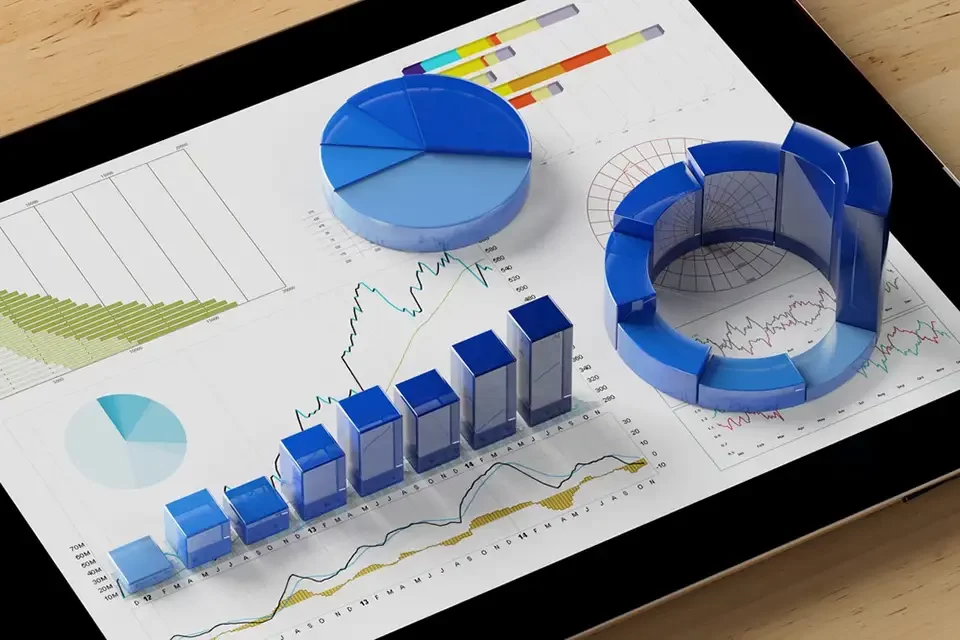In today’s fast-paced digital world, the significance of data analytics cannot be overstated, especially for businesses wanting to stay competitive in Richmond Hill, Ontario. Data analytics enables businesses to sift through massive amounts of data to sift meaningful insights, make informed decisions, and modify their marketing strategies to match customers’ evolving needs.
This plays a pivotal role in optimizing marketing decisions, according to TASProMarketing, a leader in innovative marketing solutions. Here’s how businesses can use data analytics to improve their marketing performance.
Understanding Customer Behavior through Data Analytics
One key benefit of data analytics is its ability to provide detailed insights into customer behaviour. By analyzing customer data, businesses can better understand purchasing patterns, preferences, and trends. Moreover, this entails collecting data from various sources, including social media interactions, website visits, and transaction records. Customer relationship management (CRM) systems and Google Analytics are essential for collecting and analyzing this data.
Companies that use predictive analytics can anticipate their customers’ needs and preferences, resulting in more targeted and personalized marketing.
Measuring Campaign Effectiveness
In order to guarantee that marketing efforts are worthwhile, it is critical to assess their effectiveness. This technique comes into play by providing tools and techniques for evaluating marketing campaign performance. In order to evaluate the effectiveness of a campaign, it is possible to monitor and analyze key performance indicators (KPIs).
They include conversion rates, click-through rates, and social media engagement levels. This not only helps in understanding what works and what doesn’t, but it also enables real-time adjustments to maximize campaign success.
A/B testing, a data analytics technique, allows marketers to evaluate several campaign versions to identify which performs better. This ensures that resources are invested in the most effective strategies.

Making Informed Marketing Decisions
The ultimate purpose of data analytics is to enable better-informed marketing decisions. Businesses can detect market trends, customer preferences, and the competitive landscape using data analysis insights. This knowledge allows them to allocate their marketing budget more effectively, choose the proper channels for their marketing efforts.
They can also create content that resonates with their target audience. Tableau and Power BI, for example, can assist decision-makers in detecting patterns and trends that may influence marketing strategy.
Tools and Techniques for Effective Data Analysis
Several tools and strategies are helpful for effectively analyzing marketing data. For instance, machine learning algorithms can process and analyze large datasets much faster than humanly possible. Moreover, they identify trends and patterns that might not be immediately apparent.
Sentiment analysis, another effective tool, enables businesses to evaluate public opinion and emotional responses to their brand, products, or campaigns on social media.
Implementing a data-driven marketing strategy requires the right tools and a team skilled in data analysis.
Investing in marketing professional training or partnering with data analytics experts can help businesses gain the expertise they need to leverage data analytics fully.
Final Thoughts
In today’s competitive business environment, using data analytics to make better marketing decisions is not just a benefit but a requirement. Businesses can improve their marketing strategy by understanding customer behaviour, measuring campaign efficacy, and making informed marketing decisions. As TASProMarketing in Richmond Hill, Ontario, highlights, the future of marketing lies in the ability to harness the power of data analytics to adapt, innovate, and thrive.






